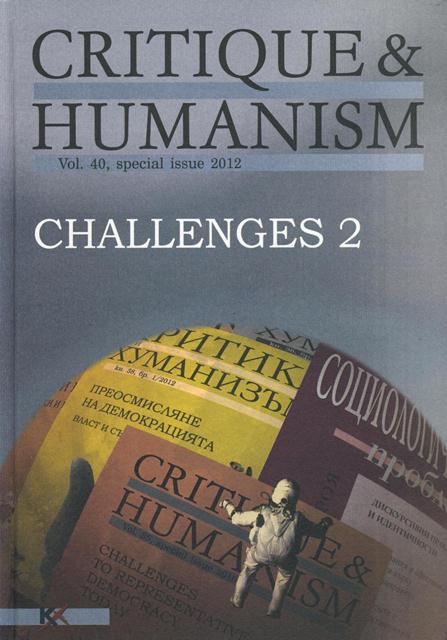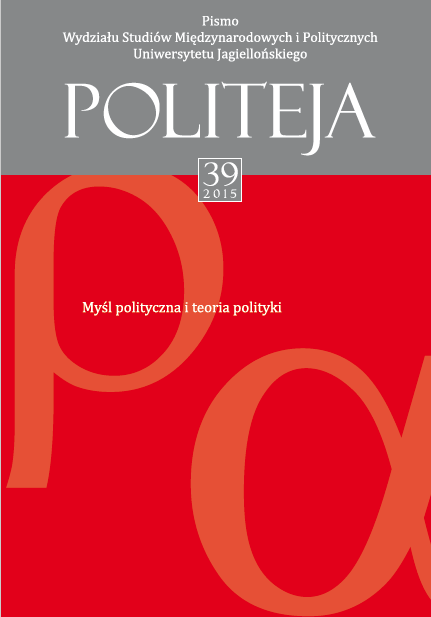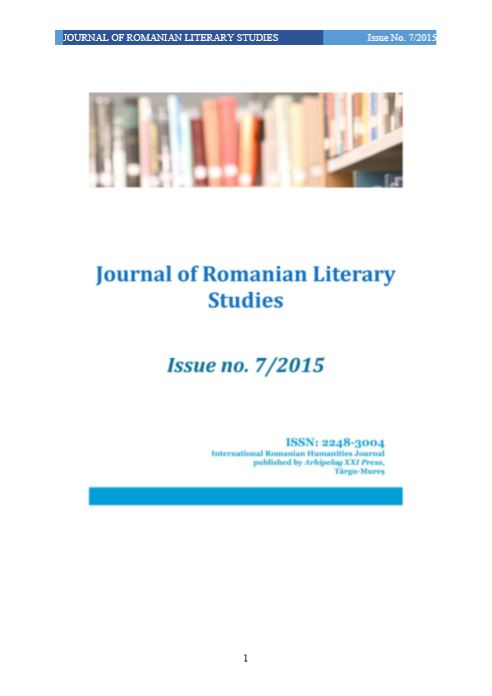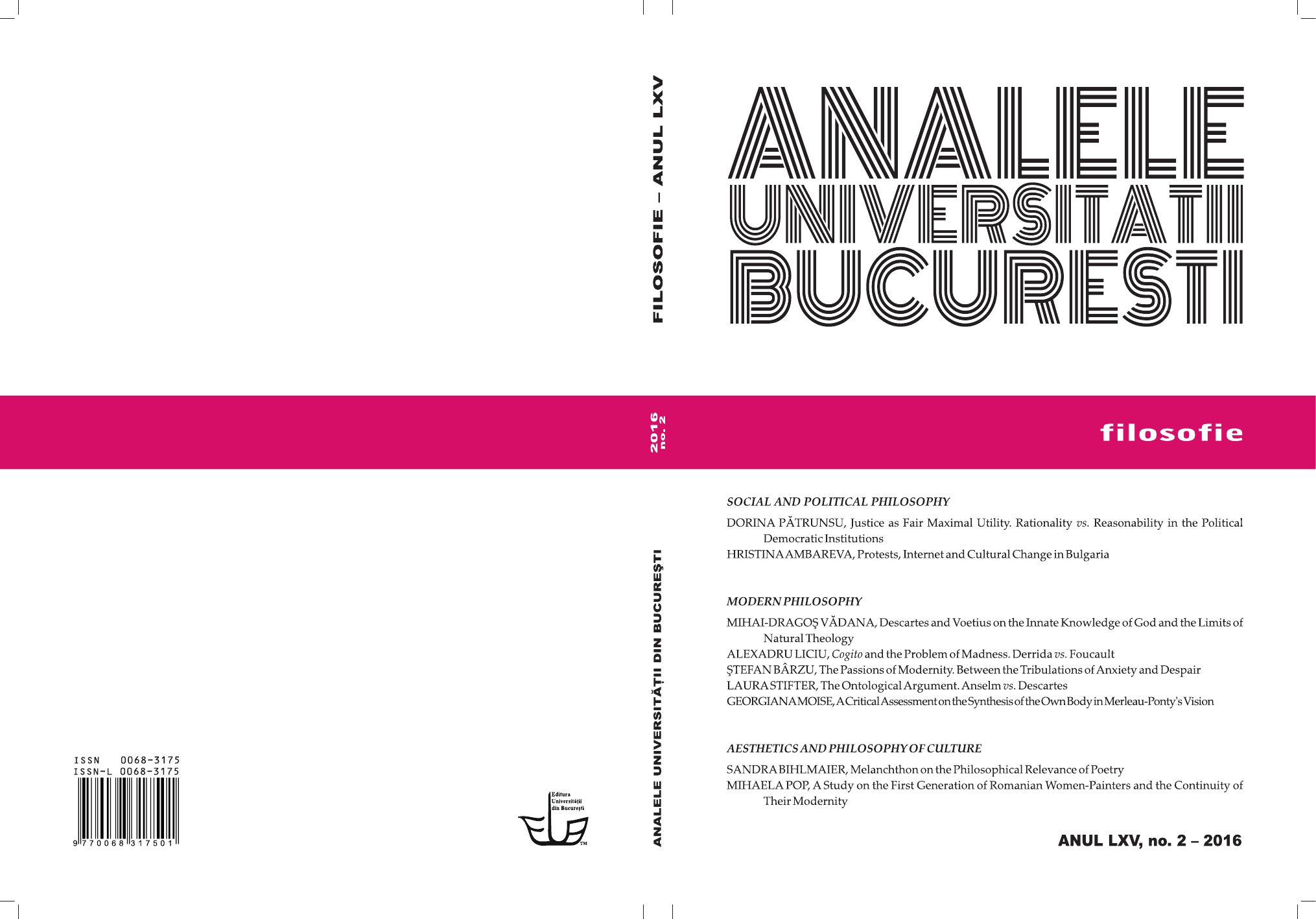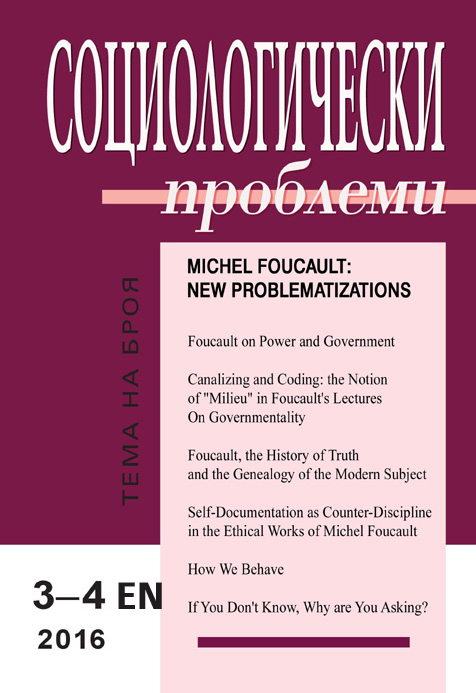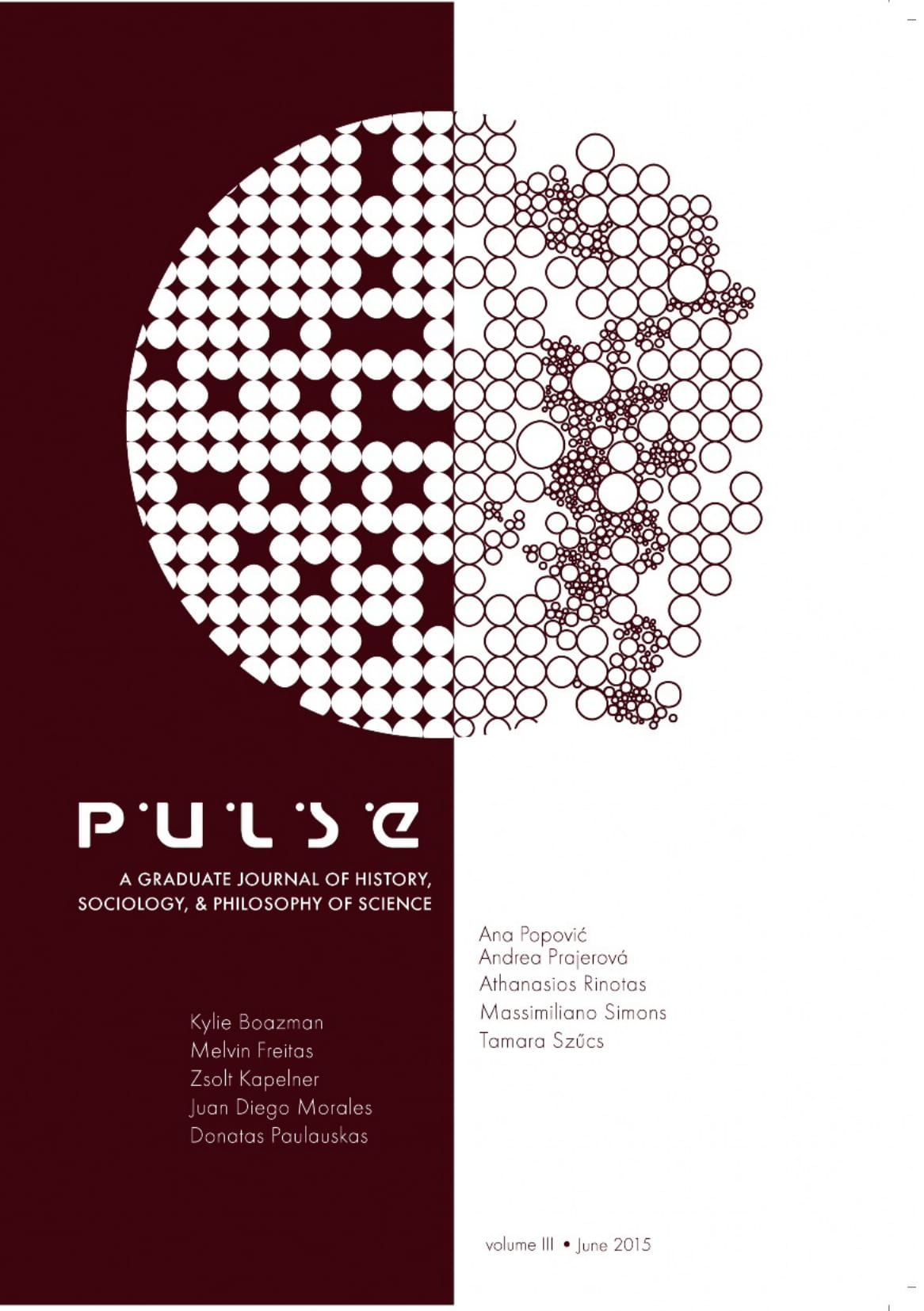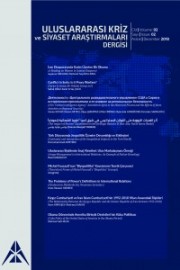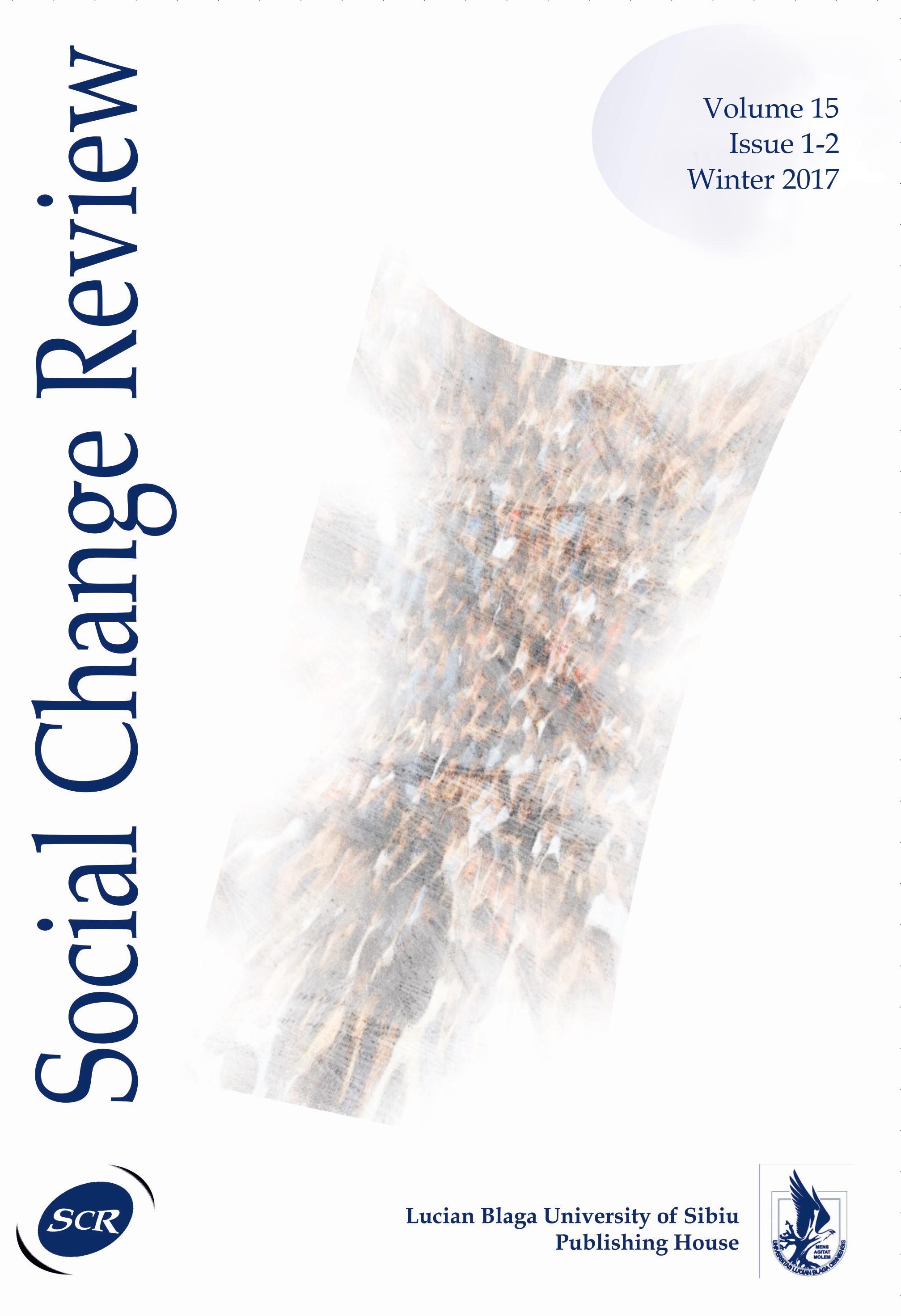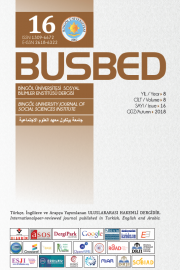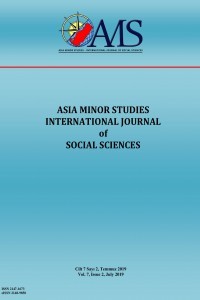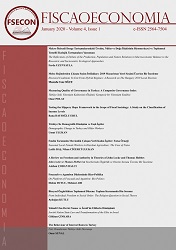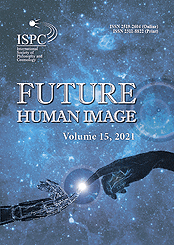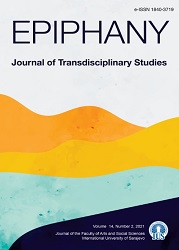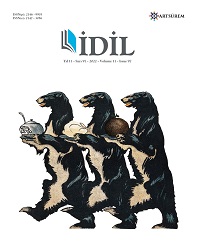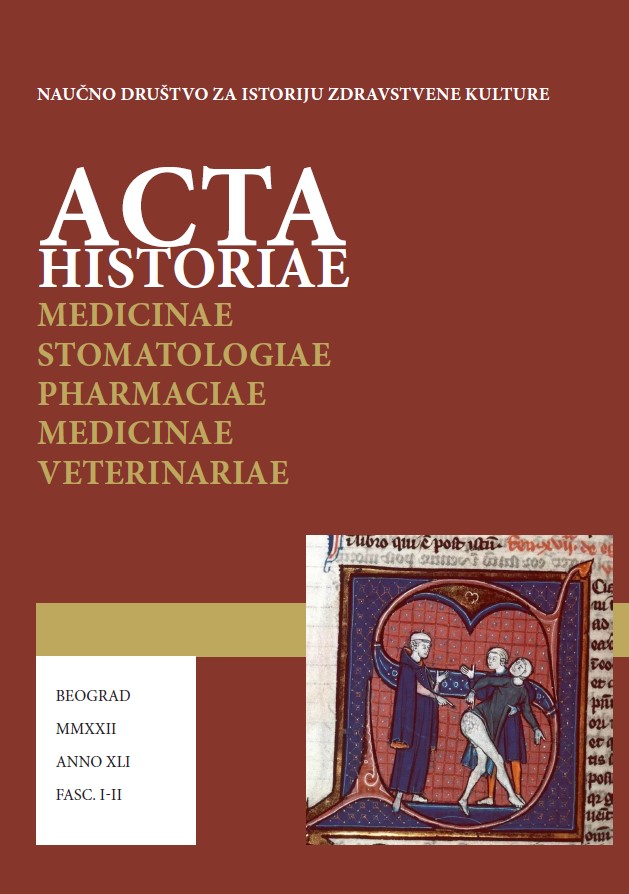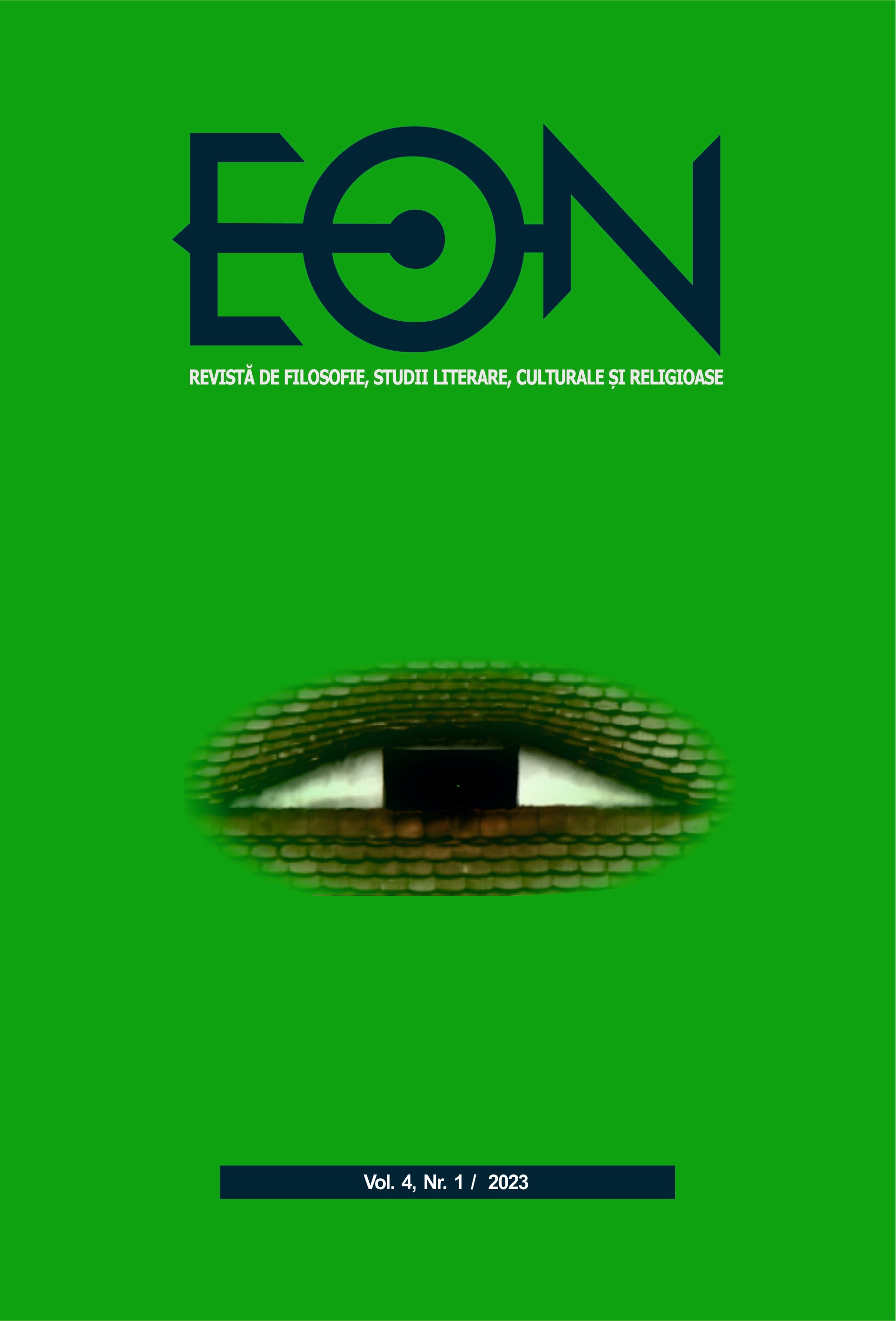DISSOLUTION OF THE SPEAKING SUBJECT IN PHILOSOPHY OF M. FOUCAULT
KALBANČIO SUBJEKTO IŠNYKIMAS M. FOUCAULT FILOSOFIJOJE
Keywords: „kalbos būtis“1; subjektas2; teiginys3; Foucault4; Deleuze5;
The focus of this article is the idea of dissolution of the speaking subject in Foucault’s philosophy. The main purpose of the article is to extract the essential presuppositions of such attitude and to answer the question: whose voice is speaking from the thinker’s books? The problem can be observed by invoking the structural analysis of “language-being”, “statement” and “subject”. It can also be exercised ontologically when distinguishing between absolute and historical dimensions of being. the interplay of all these ele¬ments reveals Foucault’s fundamental insights about language and helps to define general principles of postmodern thinking. this also permits to think of ethical outcomes related to the question of the subject’s death. The paper invokes not only Foucault and his “ontology of history”, but also Deleuze’s phi¬losophy of difference, which gives preference to the principle of difference over the principle of the Same and implementation of the former in the historical field of immanence. Keywords: “language-being”, statement, subject, Foucault, Deleuze.
More...
